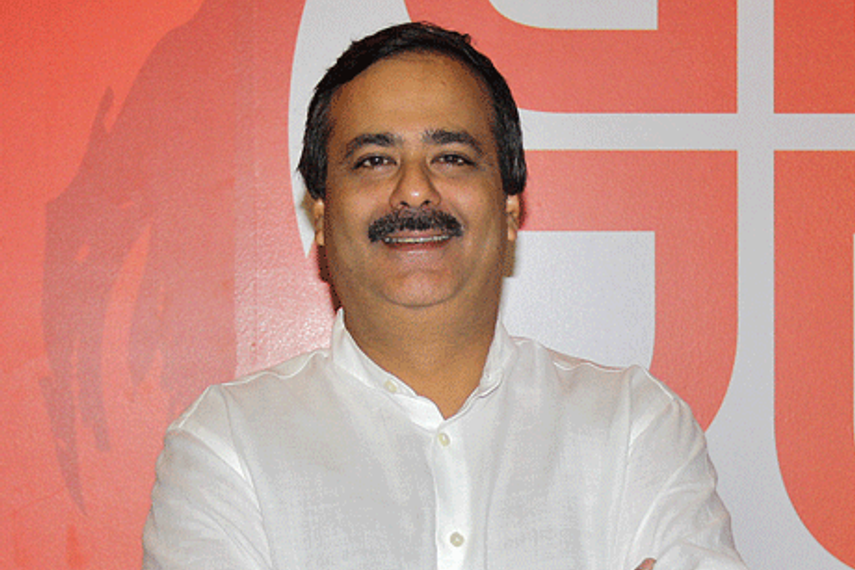
Please sign in or register
Existing users sign in here
Having trouble signing in?
Contact Customer Support at
[email protected]
or call+91 022 69047500
Nirvik Singh, chairman and chief executive officer, Grey Asia Pacific, on Grey India, how to enter right for a Cannes Creative Effectiveness Lion and the indie agency wave

Contact Customer Support at
[email protected]
or call+91 022 69047500
Top news, insights and analysis every weekday
Sign up for Campaign Bulletins
From real offers to plain pranks, Indian brands employed harmless humour to engage consumers with an April Fool twist.
It is easy to get trapped in nostalgia. But Famous Innovations’ creative head cautions that brands and agencies need to maintain a fine line between cultural tribute and creative redundancy.
59% IPL fans engage with influencers, and 14% buy products based on recommendations from those with long-term brand partnerships, finds iCubesWire IPL survey.
Heineken, Heineken 0.0, and Heineken Silver are covered under the deal's scope.